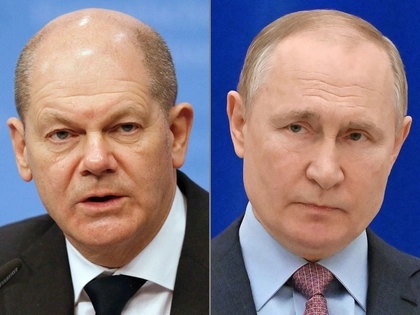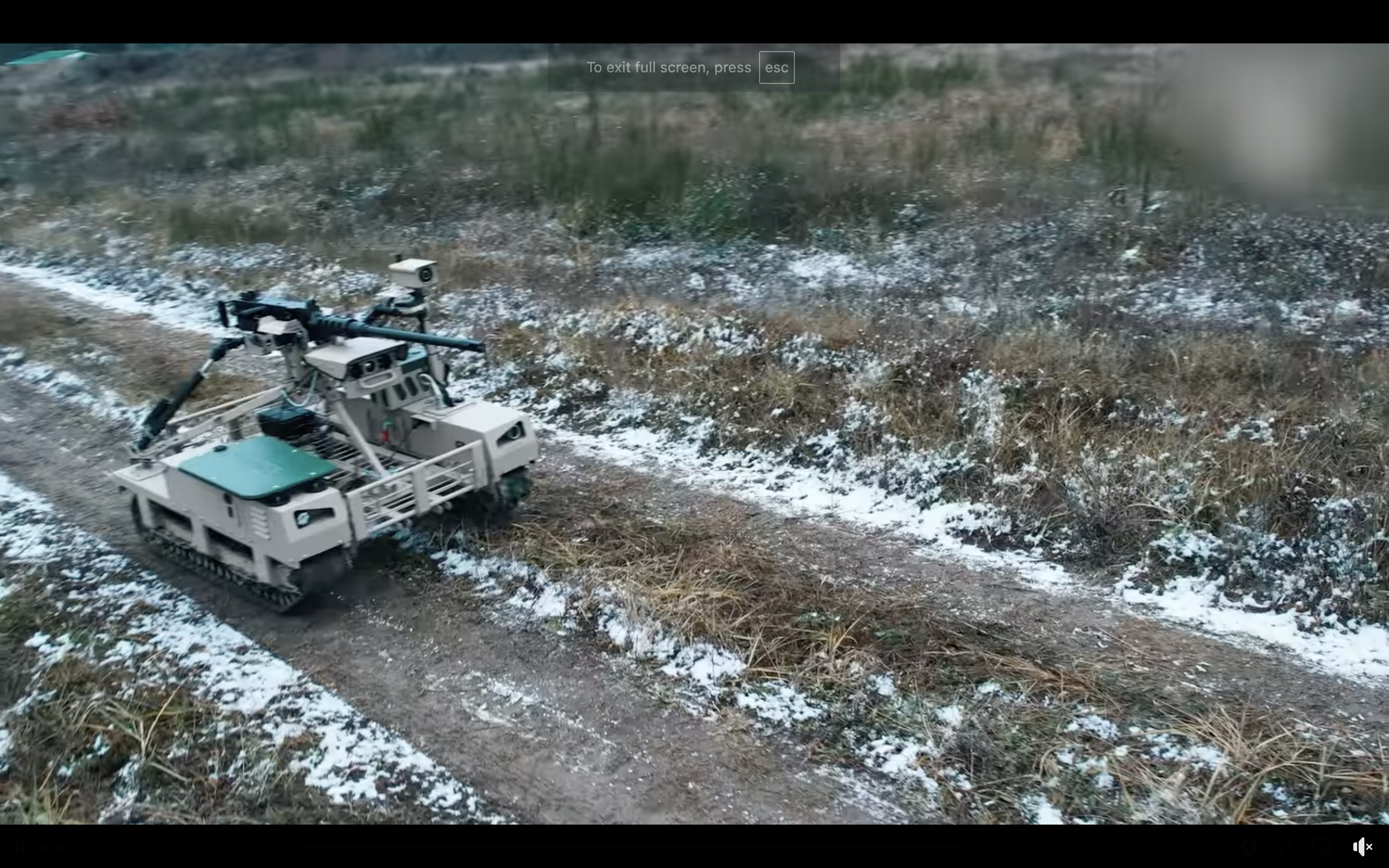In early 2024 Russian President Vladimir Putin, who turns 72 in October, demanded a “national project” to “preserve the health” of the country. A few months later Deputy Prime Minister Tatyana Golikova announced the “New Health Preservation Technologies” initiative.
Research institutes have been ordered to report on efforts to combat cellular ageing and osteoporosis, cognitive and sensory disorders and to boost immune systems. Investment is being made in technology to “prevent cellular ageing, neurotechnology, and other innovations aimed at ensuring longevity.”
JOIN US ON TELEGRAM
Follow our coverage of the war on the @Kyivpost_official.
Other research focuses on three-dimensional bioprinting intended to enable replacement organs and tissue to be “printed.” According to Kommersant, Moscow has invested more than 57 million rubles ($633,000) into bioprinting and related technologies in the last two years.
The ultimate goal of printing fully functional human organs is still a long way off. Currently, medical 3D printing is limited to “non-living” implants and orthopedic devices with tissue production limited to simple cell research activity.
The Russian authorities still have high hopes for bioprinting, with Rosatom saying it will have the technology for printing “complex human organs” ready within six years.
The independent Russian news site Meduza.io cited a source from a Moscow hospital who said the initiative was based on “the whims of an aging Politburo.”

European Troops in Ukraine Could Guarantee Future Peace Deal: Kyiv Official
Russian state media says the project will develop new medical technologies that will increase citizens’ lifespans, saving 175,000 lives by 2030. Meduza compares that target with Russia’s military losses from the war in Ukraine that are estimated at 120,000 over the last 30 months.
A close ally of Vladimir Putin Mikhail Kovalchuk, who is himself 77, is said to have been pushing Russian scientists with ever more urgency to learn how to stop the aging process. He is a senior member of the Russian Academy of Science and the head of the Kurchatov nuclear research institute and is said to be overseeing a state-backed research program into genetics.
An unnamed source from the national medical research center said the “big boss,” presumably Putin, had set the task with Kovalchuk ordering scientists to send regular progress reports through him with officials “rushing to implement it in every possible way.”
A Russian doctor who received the directive in June said he was astonished at the urgent nature of the task: “They asked us to fast-track all of our proposals … it was the first time I'd seen anything like it. Usually, any national project or federal program is preceded by several meetings involving various specialists and some sort of public discussion.”
Another researcher expressed bewilderment at the timing and priority of the project amidst ongoing national challenges: “The whole premise baffled me. Oh sure, let's work on restoring the health of these old fogies – it's not like there's anyone else who needs our attention. Right in the middle of the war, we're just supposed to drop everything. The level of cynicism is bewildering.”
Others have raised concerns over the financial feasibility of the research with an unidentified source close to the Kremlin saying: “All the modern research discussed in the national project is quite expensive, developing new drugs costs billions. No single national project can handle that, especially now. I don't think they will be able to put together anything meaningful quickly.”
It's not just the state that is looking into ways of extending life. Russian billionaire Dmitry Itskov has been funding a project that looks to transfer human consciousness into computers, effectively allowing it to live forever after the human body dies. Itskov has said the first transfer of consciousness will be made by 2035.
You can also highlight the text and press Ctrl + Enter






